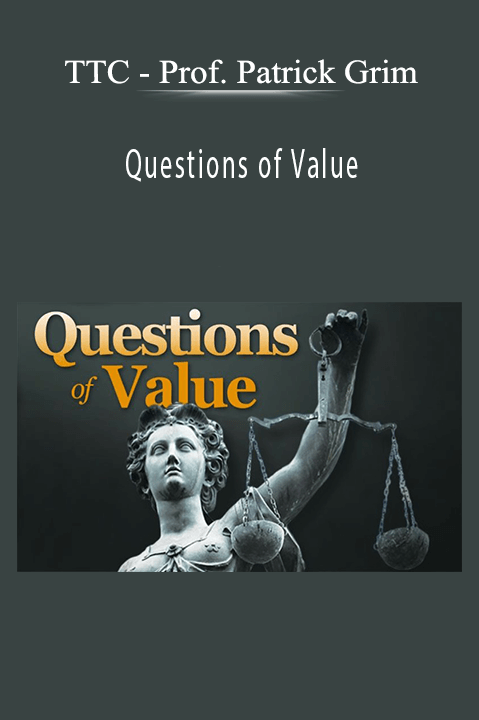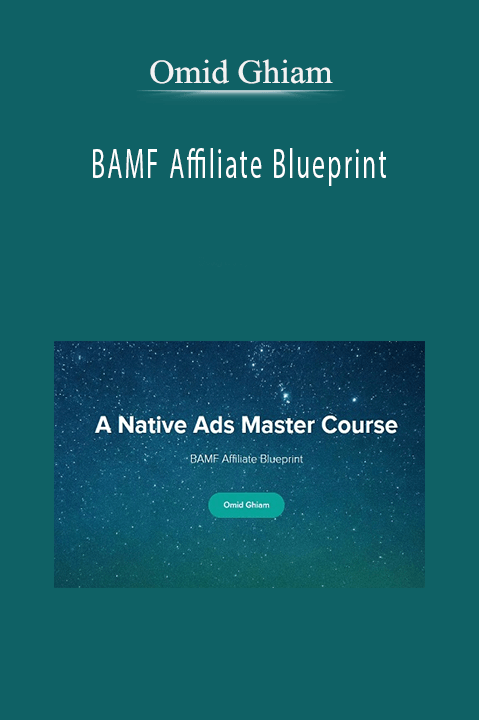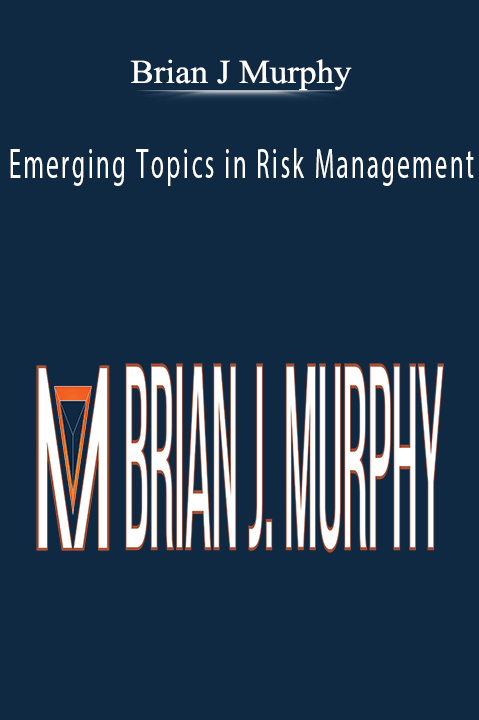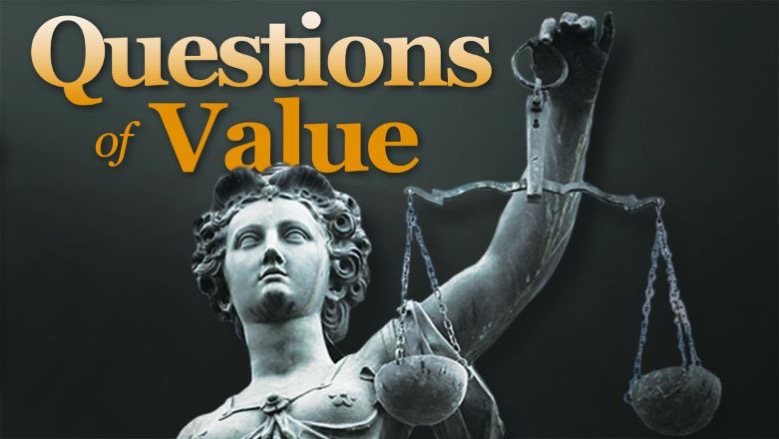TTC – Prof. Patrick Grim – Questions of Value
Our lives are filled with everyday questions of fact and finance. Which investment brings the highest return? What school district is the house in? What will this candidate do if elected? But the really fundamental questions of our lives, says Professor Patrick Grim, are questions of neither fact nor finance. They are questions of value. They are the deep questions that apply to every aspect of our lives.
What is it that gives something genuine value? What things are really worth striving for? What is it that makes life worth living? Are there values that transcend cultural differences? Can we have ethical values without religion? If the universe operates in terms of deterministic laws, how can there be real choice? Is all value subjective? We can even ask if life is always worth living, or whether in some situations we would be better off dead.
Questions of Value is a course for anyone who has ever felt the tug of such questions or who wants to fine-tune their ability to see how deeper questions of ethics and values apply to the choices that make up their lives.
In presenting this philosophical examination of the range of decisions we all encounter as we live our lives, Professor Grim has placed the accent on individual choice—and has not shied away from controversy. The issues he presents for your examination cover evolution and ethics, about whether punishment is justified by retribution or by deterrence, and about the differing lessons drawn from life’s worst horrors by both religious and antireligious traditions.
What values, for instance, are involved in thinking about life and death? What values are evident in a yearning for immortality? The lines of discussion raised throughout the course are regularly as provocative as these, and Professor Grim means them to be exactly that.
“The purpose of the lectures,” he notes, “is, first and foremost, to open issues for thoughtful consideration … [to] give an appreciation for the complex concepts that lie just beneath our everyday patterns of evaluation, and for some of the bold and insightful reflections that can illuminate them.
“The student can expect to finish the course with some new and interesting answers, and a command of important philosophical arguments and approaches, but also with some new and interesting questions about values.”
A Challenge to Look Inward
“The course is designed not to close debate but to open it, not to end controversy but to facilitate reflective thought. It was Socrates who said, ‘The unexamined life is not worth living.’ This course offers the tools necessary for examining the values that guide our lives.”
Best known for his logical arguments in the philosophy of religion and his groundbreaking work in philosophical computer modeling, Professor Grim has published across an extraordinary range of disciplines, from theoretical biology to artificial intelligence and computer science.
With these lectures he returns to his abiding interest in values. He uses his award-winning teaching skills to draw on almost every expression of human endeavor, bringing to life not only the fundamental questions of the course but the insights gleaned by the thinkers and artists who have grappled with those same questions for thousands of years.
The net he casts encompasses history, beginning with Herodotus and running through usury in feudalism’s seignorial system right up through more contemporary subjects such as the cases of Patty Hearst and John W. Hinckley. Theoretical economics makes an appearance as well, as does game theory from John von Neumann to Robert Axelrod’s work on cooperation. He delves into both theoretical biology and sociobiology through the work of E. O. Wilson and Richard Dawkins on altruism and evolution. There is even a foray into physics, as quantum mechanics is used to discuss determinism. His discussion of relativism brings in aspects of anthropology, and an exploration of the role of rules in our lives draws on psychology, examining the work of Jean Piaget and Lawrence Kohlberg.
But it isn’t only scientists whose work inevitably forces us to consider our values. The questions we ask and the answers we seek also figure prominently in the work of writers as varied as Charles Dickens, Peter S. Beagle, Fyodor Dostoevsky, Ursula Le Guin, Mark Twain, Anne Rice, and Jorge Luis Borges. Even John Ford’s classic western film, The Man Who Shot Liberty Valance, is brought into the mix.
In exploring the course’s varied sources, Professor Grim takes great care in ensuring that every concept addressed in a later lecture has been clearly introduced earlier. His presentation—even of the most nuanced material—is consistently clear, even to those with no background in philosophy.
A Range of Tools to Make even Complex Concepts Clear
Professor Grim has put together a course in which concepts are animated through both vivid examples drawn from real life and equally vivid “thought experiments”—hypothetical situations devised by philosophers to isolate and illustrate key concepts in readily accessible terms.
One of those thought experiments has its roots in the “evil demon” of Descartes’ Meditations and is further developed in the work of both Robert Nozick and Hilary Putnam—and you may even recognize it in the theme of The Matrix films. In this example of a so-called “magic button” case, Professor Grim poses the question of whether one would accept a choice of pushing a button that would give everyone a very nice, but merely virtual, life—a life lived simply as a brain in a vat, experiencing as “real” the imaginary existence fed it by a master computer.
This particular thought experiment, along with G. E. Moore’s famous one of imagining a universe containing nothing but the single thing you wish to evaluate, are two of the examples Professor Grim uses to discuss the question of whether values are objective or subjective. Both are remarkable for the clarity they bring to a complex subject.
In still another example of the tool kit offered as an aid to “doing philosophy,” Professor Grim recalls the story of the Ford Pinto, built with a rear-mounted gas tank likely to explode in a collision. At least 500 burn deaths resulted, and many lawsuits were brought against the Ford Motor Company—bringing to light what some might consider the cold-blooded cost-benefit analysis of human worth that the Ford company had used to make its design decisions.
That analysis is one of the centerpieces of Professor Grim’s discussion of the “cash value” of a human life and the ways people have tried to put an actual value on something most people are tempted to say has “infinite value.”
The result is a fascinating discussion not only of the choices made by Ford but of the very different kinds of value that are evident in our decisions as individuals and as a society.
“Values for beings like us,” Professor Grim notes, “are inescapable, but because we want our values to be right, reflection on values—given the particular values we have and for rationally placed beings like us—is also inescapable. …
“The philosopher John Dewey somewhere characterizes philosophy as such an inquiry, and he gives an important warning: that an inquiry of ideas, like every other real exploration, is intellectually dangerous.
“Once you start to think critically about ideas, once you are no longer satisfied with familiar beliefs just because they are familiar, you can no longer be certain what conclusions you will come to.”
Get Download TTC – Prof. Patrick Grim – Questions of Value at Offimc.click Now!
Delivery Information
- Upon ordering the product, a delivery email with download instructions will be sent immediately to you so that you may download your files. If you log in (or create an account) prior to purchase you will also be able to access your downloads from your account dashboard.
- It is a digital download, so please download the order items and save them to your hard drive. In case the link is broken for any reason, please contact us and we will resend the new download link to you.
- If you don't receive the download link, please don’t worry about that. We will update and notify you as soon as possible from 8:00 AM – 8:00 PM (UTC+8).
- Please Contact Us if there are any further questions or concerns you may have. We are always happy to assist!








11 reviews for Prof. Patrick Grim – Questions of Value – TTC
There are no reviews yet.